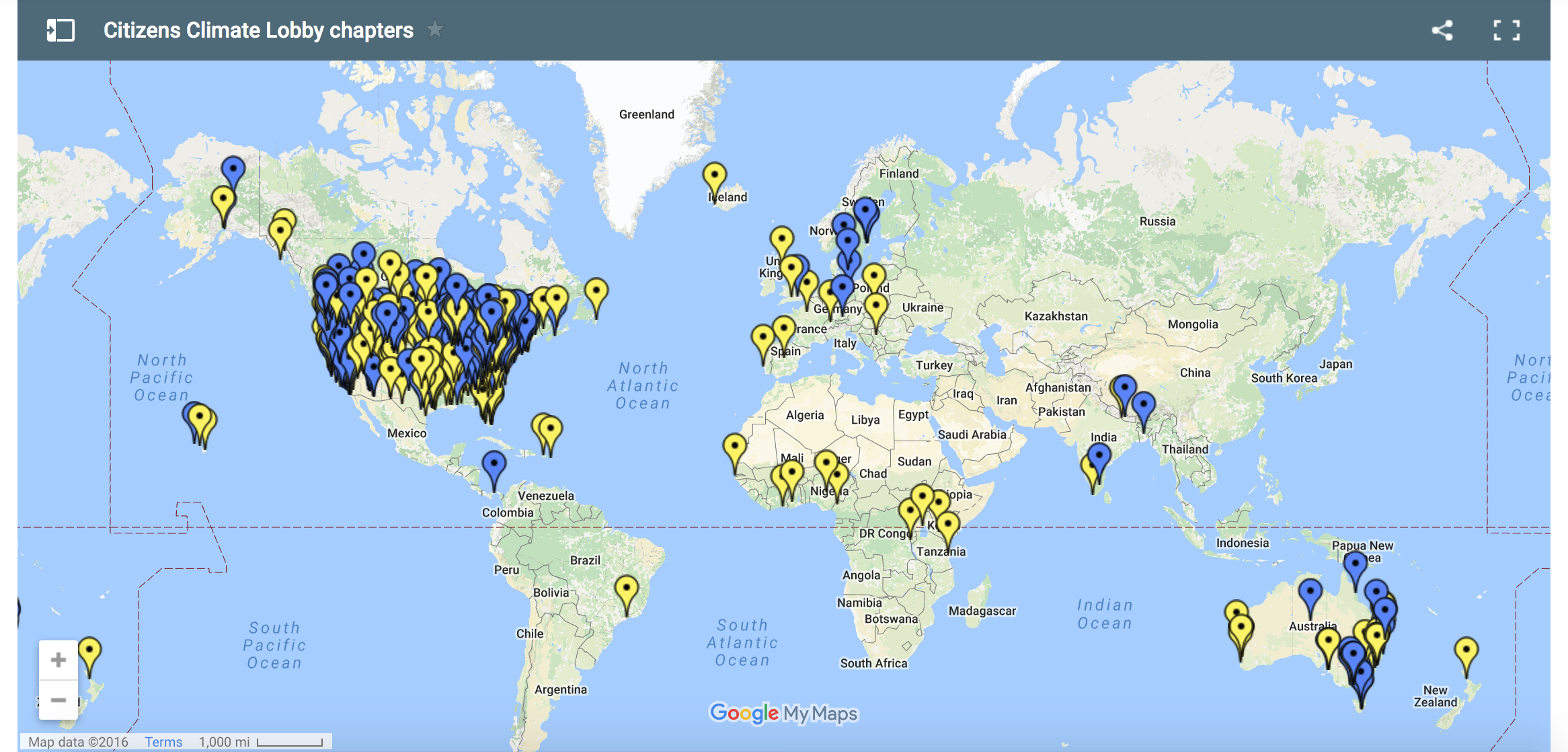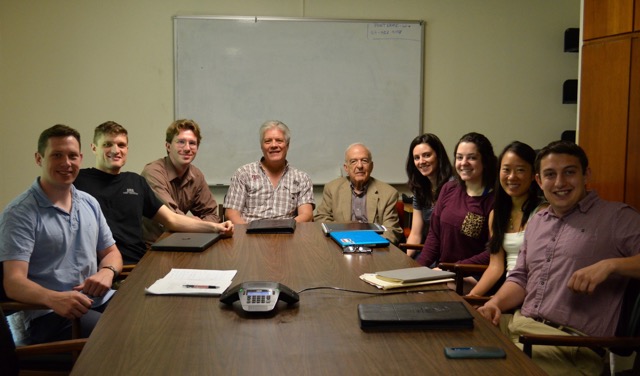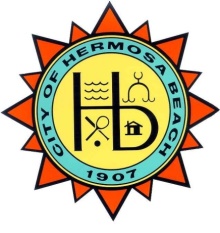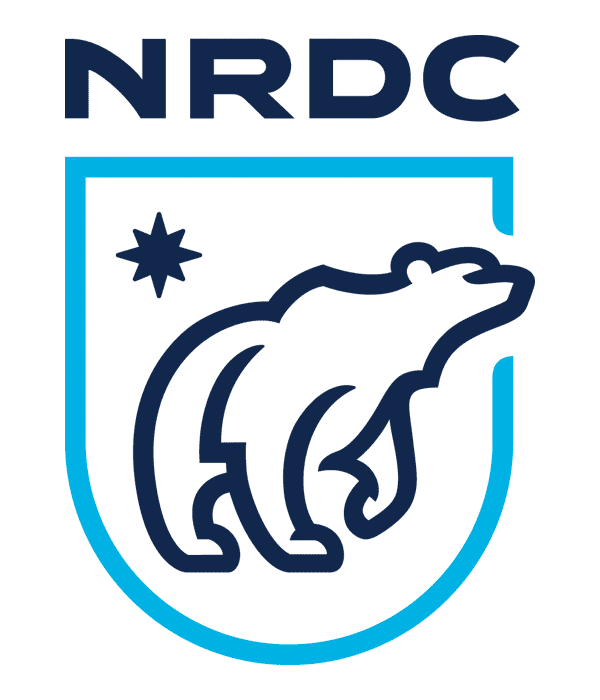Washington DC: How to Lobby 101
When I opened my eyes in the morning, I knew the day had finally come. I quickly dressed and ate some fried homemade dumplings; I am so ready to start the first day of my internship. As part of the Master’s program in Environmental Policy at Bard College (Bard CEP), …





